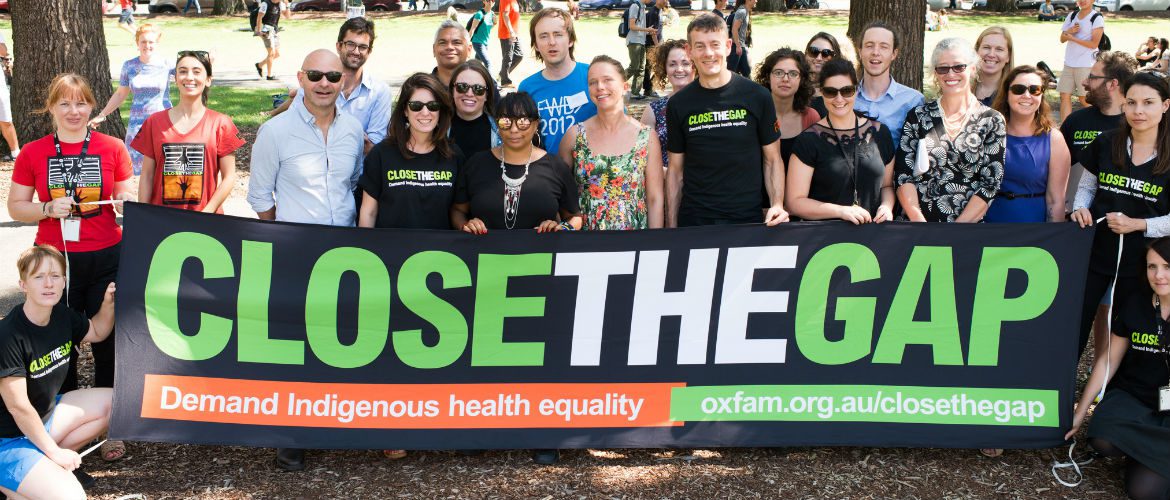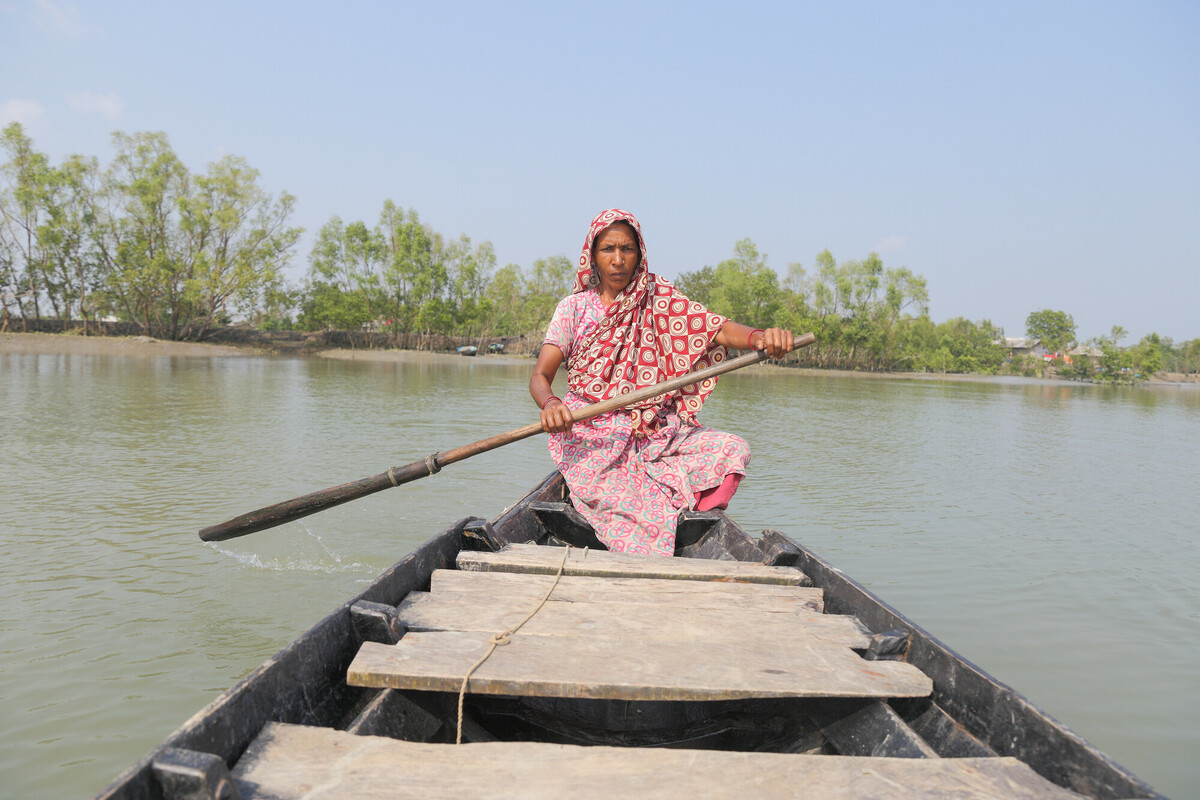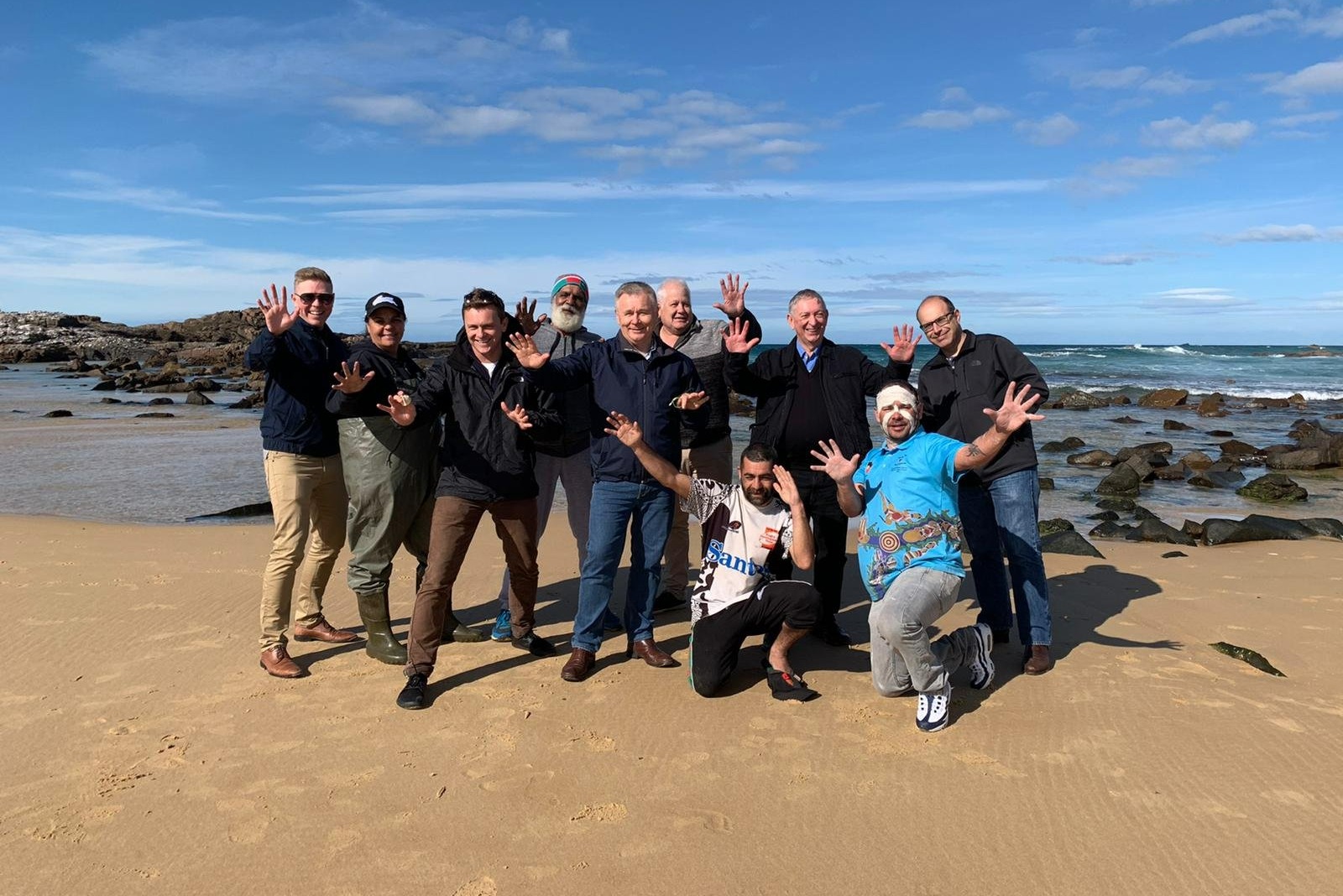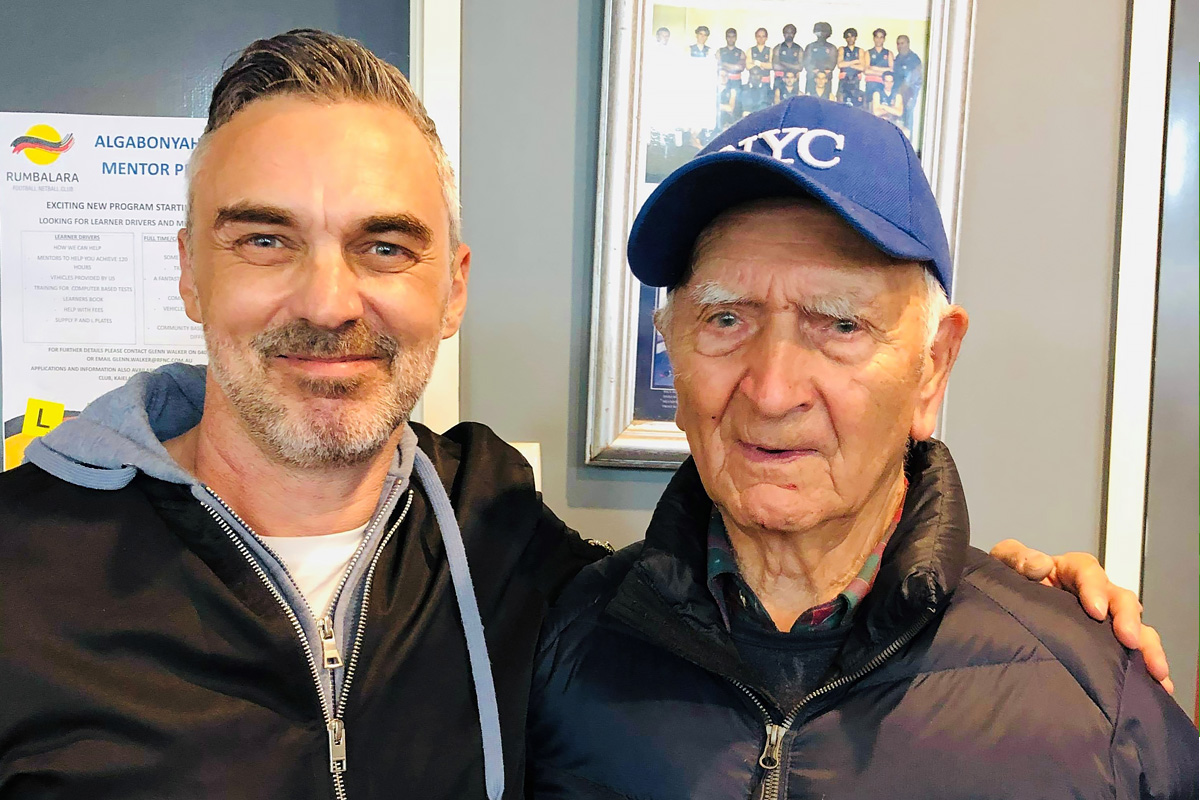By Dr Helen Szoke, Chief Executive
The Australian Government’s response to the challenges facing Aboriginal and Torres Strait Islander Peoples has gone backwards in recent years. Its current approach appears to have learned little from the lessons of dispossession, the Stolen Generations, the intervention, and the long-list of other injustices inflicted on Australia’s First Peoples.
In her emotional farewell address in Darwin on National Sorry Day in May, outgoing Northern Territory senator Nova Peris powerfully articulated the everyday challenges of being an Indigenous person in this country.
“It’s not easy to wake up every morning and bounce out of bed and pretend life is fantastic, because it isn’t. Aboriginal people have no inherited wealth, they have inherited pain” she said.
There have been many attempts to alleviate that pain. But, in the end, there have been too many policy rethinks and departmental restructures over the past few years for real progress to have been made.
The current Federal Government promised a more proactive approach by placing Aboriginal and Torres Strait Islander affairs within the Prime Minister’s Department and within Cabinet. But that bold start has now well and truly stalled.
Rather than make Indigenous affairs a priority, the government chose to strip nearly $600 million in funding for Indigenous programs since the 2014–15 federal budget.
As Social Justice Commissioner Mick Gooda has said, “you can’t cut your way to closing the gap”.
Engagement too, has seriously waned. Many of the national bodies in areas of health and legal aid and advocacy on behalf of Aboriginal and Torres Strait Islanders people have had their budgets slashed, and limits placed on their important role as a voice for their people.
The Government’s primary tool for delivering services to Aboriginal and Torres Strait Islander people –the Indigenous Advancement Strategy (IAS) – has performed so poorly it sparked a Parliamentary Inquiry that found significant flaws in the design, selection criteria and assessment processes of the program.
The Government didn’t seek the input and expertise of Aboriginal and Torres Strait Islander peoples and organisations – the supposed beneficiaries of the IAS. Oxfam believes the IAS must revert to a clear, needs-based, informed and cooperative process in which Indigenous organisations are prioritised as recipients of funding and service delivery.
Over the past year I have met with many Aboriginal and Torres Strait Islander leaders in health, justice, and community development. Their frustration is palpable. They don’t feel included or connected to this Government.
The current Prime Minister said back in February at the launch of the Close the Gap Shadow report that Government must “do with” and not “do to” if it is to be effective in working with Indigenous people. That simple but significant comment gave hope that things may change. The incoming Prime Minister needs to start by listening to what Indigenous people have to say.
Since then, there have been some welcome policy announcements in this election campaign: for example, the Coalition has promised a $230 million Aboriginal and Torres Strait Islander business innovation initiative to encourage the setting up and development of local enterprises.
Labor has promised $200 million for sustainable employment in remote areas, $24 million to Aboriginal and Torres Strait islander legal services, and to restore funding to the Congress of Australia’s First Peoples. It will also invest $9.5 million to establish a national eye health program as Indigenous people are six times more likely to go blind than other Australians.
Importantly Labor have agreed to co-convene an Indigenous leader’s summit within the first 100 days of office and to establish targets for the reduction of Indigenous incarceration rates.
Meanwhile, the Greens have committed to restoring the funding that was cut to Aboriginal and Torres Strait Islander organisations in the 2014–15 budget, including investments in suicide prevention and Kidney health and have pledged an all of government approach to reducing Indigenous incarceration and long-term funding for Indigenous ranger programs.
This election could have been a great opportunity to reset the relationship between the Government and Australia’s First Peoples. But discussion of Indigenous issues has been limited to say the least.
Post election, there are steps that can, and must be taken. Firstly, whichever party leads the nation come 3 July, needs to restore funding to peak national organisations such as National Congress of Australia’s First Peoples and the National Aboriginal and Torres Strait Islander Legal Services, both of which do considerable community consultation and policy development.
Restoration of the near $600 million in funding cuts to Indigenous organisations in 2014 is needed. Closing the gap in health disparity between Indigenous and non-Indigenous Australians, tackling the unacceptable rates of Aboriginal and Torres Strait Islander incarceration, and making Indigenous communities safer will only succeed if Indigenous community-controlled organisations are funded to address these issues in their communities.
While funding is critical, a renewed relationship with Indigenous peoples is needed. On 9 June Oxfam joined Aboriginal and Torres Strait Islander leaders and organisations in Sydney to release the Redfern Statement – an historic statement of unity, outlining the need to reset the damaged relationship and establish a pathway to a new, respectful and effective way forward.
Last Friday in Sydney, Oxfam and groups working in the areas of health, housing, justice and education, met again to prepare a blueprint for engagement after the election. A key request will be the incoming government to host a National First Peoples Summit within 100 days for the new Parliamentary term.
Such a start to the new parliamentary term would restore hope. It may ensure a legislature that embraces what’s needed in Aboriginal and Torres Strait Islander affairs. There may even be more Aboriginal and Torres Strait Islander members of parliament.
And that is cause for hope, because when Nova Peris spoke about how Indigenous people suffered from a lack of inherited wealth and the constant presence of inherited pain, she emphasised that they also “have a vision”.
Australia needs to remove the paternalistic blindfold from its eyes and see and accept that vision, a vision not only for the fulfilment of Aboriginal and Torres Strait Islander hopes and aspirations but for a better nation for everyone.
Oxfam Australia is a founding member of the Close the Gap campaign, the nation’s largest campaign for Indigenous health.



